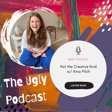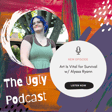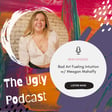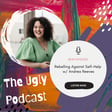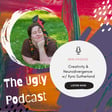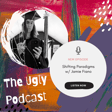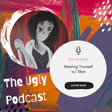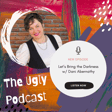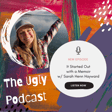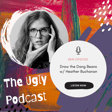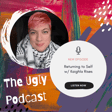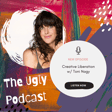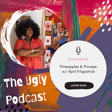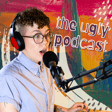
Healing Through Creativity w/ Medora Frei
Content warning: mental health, self-harm, and other health-related traumas.
My guest in this episode is an intuitive abstract artist based in the Midwest. Art has always been Medora’s way of composting pain so that something new can thrive from it. Experiences, in all their diversity of intensity and meaning, are what she most portrays with paint. She started creating abstract work in 2018 after a traumatic event, and her passion is to help others heal using art. She creates art in her spare time and loves being able to give back to her community through donated works and classes.
We talk about using art to help us through disease, chronic pain, and mental health. We can’t control what happens to us or our loved ones, but we can let our frustrations and our emotions out on a canvas or a page and start to find beauty amid the chaos.
You can connect with Medora and see her work on Instagram (@medorafrei.art) or through her website (medorafrei.com).
References from this episode:
The Body Keeps the Score by Bessel van der Kolk
What Happened to You? by Bruce D Perry and Oprah Winfrey
